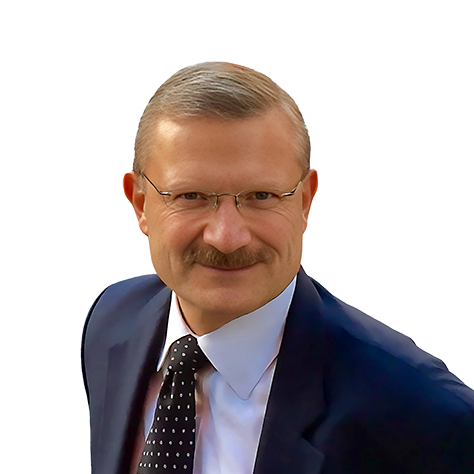In today’s world, most of us tend to sit in front of our computers for long hours, whether we are at work or at home. We have become so accustomed to the comfort and convenience offered by modern technology that we often overlook simple yet effective ways to take care of our health. It is time we remind ourselves of the wisdom imparted by Hippocrates: “Walking is man’s best medicine,” as stated by Dr. Dariusz Nasiek.
– Why is walking so important?
– Before cars, computers and television were invented, our main means of transportation were our legs. Walking was a natural activity, part of our daily routine. For most of human history, we were gatherers and hunters, traveling long distances in search of food. Walking was key to our survival.
Over the centuries, even as we settled down and began farming, daily chores required us to do quite a bit of physical activity. You could say that evolution has adapted our bodies to move regularly, and the need for movement is encoded in our genes. The benefits to the body from movement are:
- Improved circulation – helps blood flow more easily throughout the body, delivering oxygen to all organs and tissues. This, in turn, can lead to a lower risk of heart disease and stroke.
- Strengthening muscles and joints – when you walk, you work different muscle groups, which helps strengthen them. In addition, the movement of joints while walking helps produce joint fluid, which acts as a natural lubricant and protects joints from wear and tear.
- Digestive system support – regular walking can help regulate digestive processes, reducing the risk of constipation and promoting healthy intestinal flora.
- Healthy bones – walking is a so-called weight-bearing exercise that supports healthy bone density, reducing the risk of osteoporosis.
- Importance for our balance and coordination – our body must maintain balance with every step we take. Muscles, joints, and our nervous system adjust to various terrains and maintain stability.
This makes walking a great way to train coordination and balance, which is especially important as we age. Walking is a versatile and simplest form of exercise. Unlike many other forms of exercise, it does not require specialized equipment or special skills. It can be done almost anywhere and at any time of the year. This makes it accessible to everyone, regardless of age, gender or physical condition.
– Does walking affect our mental health?
– It is a natural antidepressant! When we walk, our body produces more endorphins, often happy hormones. These biochemicals act as natural painkillers and anti-anxiety drugs, bringing feelings of euphoria and calm.
- It also reduces symptoms of depression – regular walking can help reduce symptoms of depression. This works through a combination of factors – from the release of endorphins to the benefits of being outdoors and in nature.
- Reduces stress – walking, especially when surrounded by nature, helps lower levels of cortisol, the stress hormone. Lower cortisol levels translate into a calmer mind and better mood.
- Meditation in motion – walking can become a form of mindfulness, where we focus on our breathing, steps, and the nature around us, thus freeing ourselves from a flurry of thoughts and consciously observing our surroundings. Being outdoors and concentrating on the present moment helps achieve inner peace and presence, which is key to mental health.
- Walking significantly impacts the quality of our sleep – moving outdoors, especially on a sunny day, can improve the quality and length of sleep, as natural sunlight affects our internal biological clock, helping to regulate the sleep-wake cycle.
- Strengthens social ties – Walking with family, friends, or neighbors is enjoyable and has many mental health benefits. Walking together allows establishing and nurturing relationships, which is vital to well-being. Sharing our thoughts and feelings while walking can give us support from loved ones, which is invaluable for mental health.
– Did Hippocrates have in mind only walking or other forms of exercise?
– Although the father of medicine Hippocrates focused on walking in his famous saying, he certainly had deeper insights into physical activity as a whole. Hippocrates is considered one of the pioneers of the holistic approach to health. His philosophy was based on the harmony of body and mind and the balance between different aspects of health. The importance of variety in training, although training techniques were less advanced in Hippocrates’ time than they are today, instinctively people knew that variety of movement was crucial to overall health and well-being. Doing a variety of exercises, such as running, swimming and weight training, were known and appreciated.
– Nowadays, we can access various physical activities – from yoga to dancing to extreme sports. They have their unique benefits and are worth appreciating. However, whether Hippocrates had only walking or other forms of exercise in mind, the key is to exercise regularly and keep your body and mind in balance.
Interview by: Elżbieta Popławska – Editor of Nowy Dziennik
The article was previously published in Nowy Dziennik

